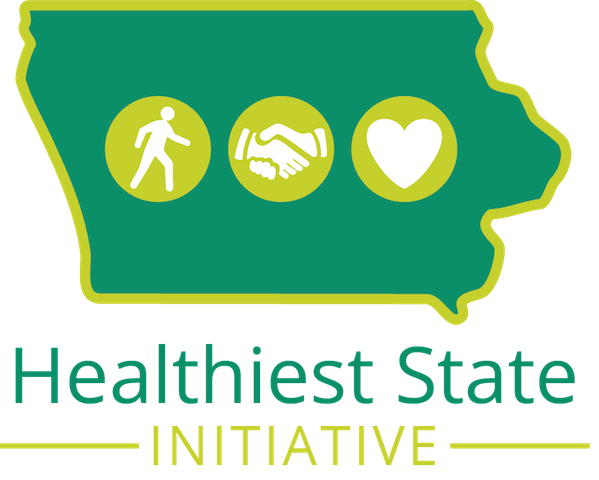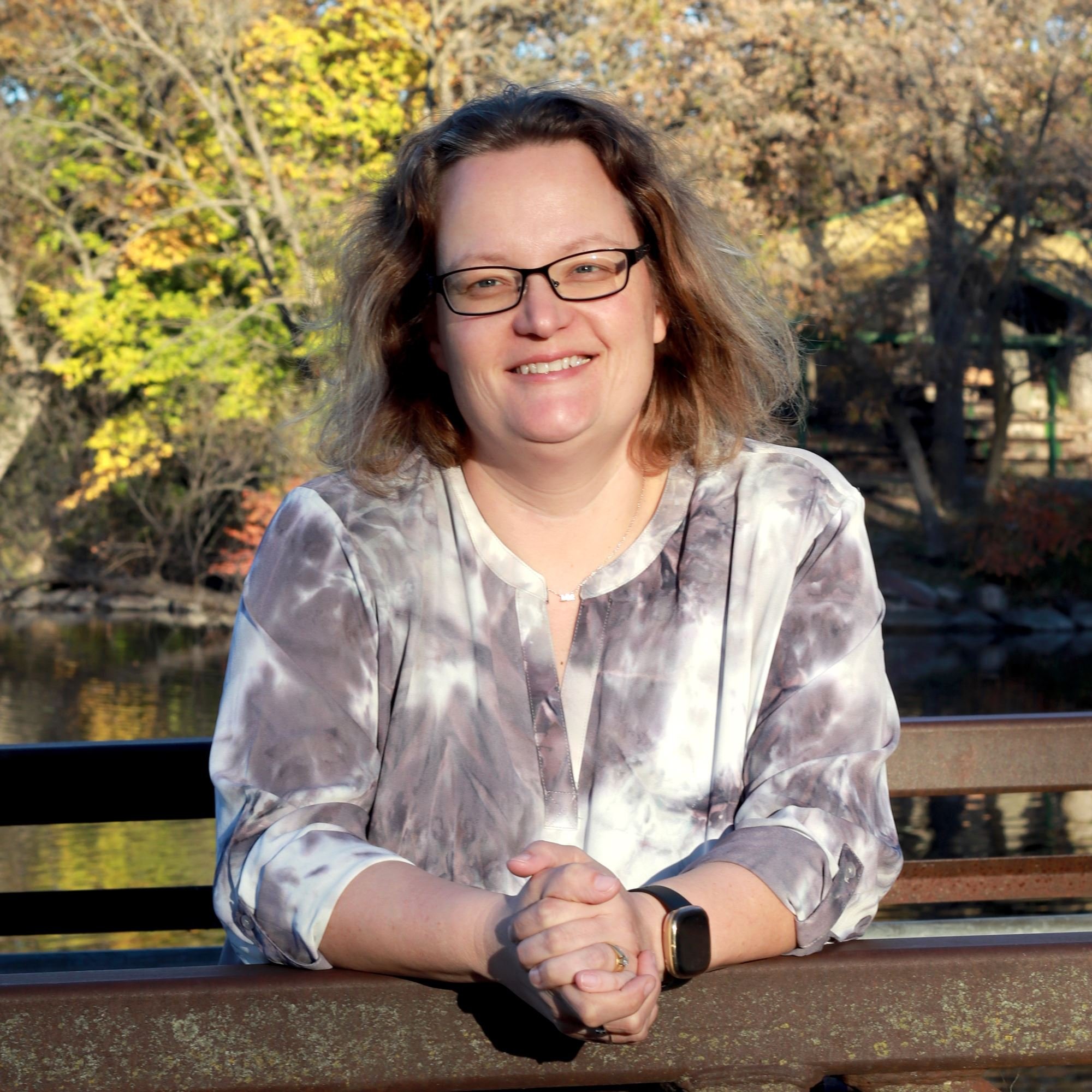Julie’s Story
Julie Carolus was a college student in 1999 when she was the victim of a sexual assault. For more than a year, she did not receive treatment or share details of the assault out of fear that she wouldn’t be believed by friends or family members.
“Initially I isolated myself. I irrationally thought my parents would blame me. I didn’t tell anybody. It just ate at me for over a year,” said Julie, now 43. “I thought no one would believe me because my assailants said so. I felt such shame and guilt that I believed everything that they said about me.”
However, trying to hide the assault only “made everything worse.” In the months that followed Julie started experiencing nightmares and flashbacks. Eventually she began to self-injure herself before seeking the help of a therapist at her college.
Julie was diagnosed with post-traumatic stress disorder (PTSD), a condition that may occur in people who have experienced or witnessed a traumatic event. Julie was referred to a psychologist, but the experience ended up doing more harm than good. The psychologist made comments during their meeting that questioned Julie's recount of her assault.
"In some ways that was more harmful emotionally than the assault itself. Not being believed by the person I trusted to help me became the evidence of everything my assailants said would happen. Their opinion of me became further entrenched in my head: ‘I am a bad person, I deserve what I got, and no one will believe me anyway,'" said Julie.
As a result, Julie quit therapy for 10 years. It was during this time that Julie had difficulty coping with her PTSD symptoms and also began experiencing depression and anxiety. Eventually, she sought help again and, this time, it was a good experience. Julie now has a great relationship with her current therapist.
“If you find yourself struggling, talk early and talk often. Don’t wait until its more than you can handle. The longer you wait, the harder it will be to get in a better place again,” said Julie. “If you get into therapy and have a bad experience, shop around until you find a good match for you. I gave up on therapy for far too long because of one hurtful encounter."
“If you get into therapy and have a bad experience, shop around until you find a good match for you. I gave up on therapy for far too long because of one hurtful encounter.”
Julie is thankful that she decided to try therapy again, even after several years. Even though her first experience was disheartening, she is grateful to have found a "kind, competent, and compassionate" therapist: "She knows when to comfort me, and when to challenge me. I am very fortunate.”
Today, Julie lives in Mason City with her husband her four children. She works at a pregnancy resource center and stays busy with family activities and volunteerism. Over the years, she’s experienced what it’s like to feel supported when she’s opened up about her PTSD.
“When I do have flashbacks, my husband is right there with me. He helps me work through them. You don’t tend to get that from most people,” said Julie. “To have someone who can come alongside you without hesitation is really meaningful.”
However, she’s also experienced stigma. In a previous job working as a CNA, there were some job responsibilities that triggered Julie’s PTSD, such as being tasked to supervise aggravated patients alone, which made her feel trapped. She received a note from her physician to request an accommodation.
“It was hard to get my colleagues to be understanding of that. People would roll their eyes or scoff,” said Julie. “They didn’t see it as the same kind of limitation as a physical injury. It’s just not looked at the same.”
"The brain is a physical organ in the body just like any other. When something is off or out of balance, there are going to be reactions. If something is out of balance in the heart, the result is cardiac problems," Julie explained. "The brain’s function, among other things, is to regulate emotion and behavior. Yet, for some reason when something gets out of balance in the brain, we are surprised when emotional or behavioral problems are the result."
Julie also encourages people to think critically about the language they use, such as using terms like “OCD” or “PTSD” to describe situations other than a diagnosed condition. Words that were once only used clinically, have become commonplace. When used flippantly or as slang, Julie feels like her mental health issues are being minimized.
“That’s frustrating because I know it’s not being said to be hurtful, but it is hurtful,” said Julie. “You’re taking something that I struggle with every day and making it a joke to you. It makes it hard to speak up and seek support when people don’t take it seriously.”
Instead, Julie encourages all Iowans to be supportive and listen when someone opens up to you about a mental illness.
"You don’t have to be an expert in mental health to make a difference. I struggled for a really long time because I felt like nobody was willing or available to listen,” said Julie. “Some of the people who helped me the most are the random people who took the time to listen and care. If you want to make a difference in the world, be willing to be available.”



